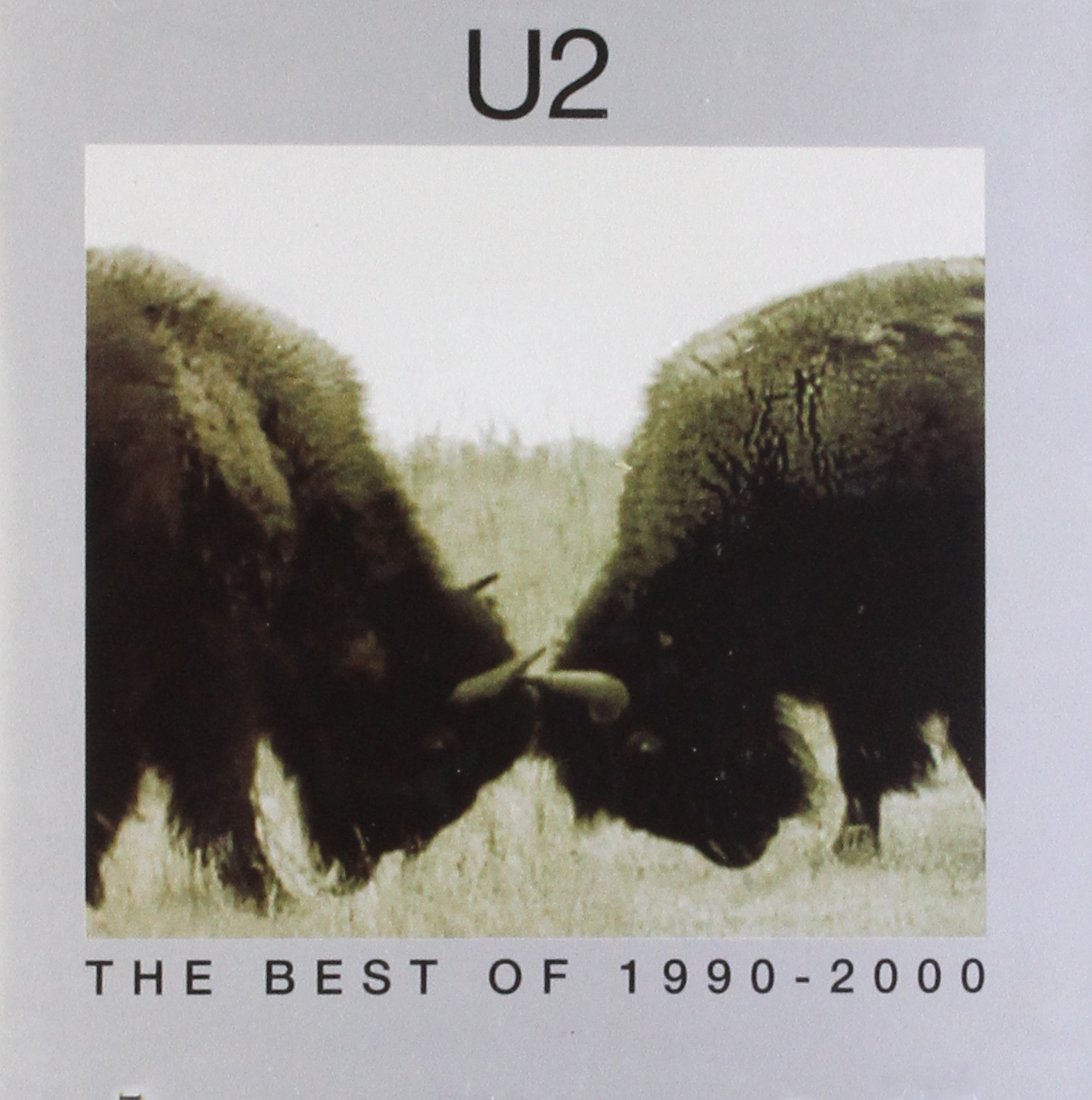Buckle up, True Believers. It’s about to get real!
I am a Christian. In fact, as a child I did everything in a church except be born there. While I love the Bible and its theology and doctrine, Christian culture annoys me. Trust me when I say there are huge differences. It’s one of many reasons why I love The Babylon Bee: Christian culture is a frequent target of their satire. As it should be.

While there are many problems with the Christian subculture (which I will refer to as “the church” from here on), one of the most egregious, in my opinion, is that it is double-minded when it comes to marriage and singleness. To put it succinctly, if you’re already married, it sings the praises of marriage and family, but if you’re single, it does little or nothing to help you get married and tells you singleness is superior to marriage.
I’m sorry, church, but you can’t have it both ways.
Go to any church and you’ll see how it’s family-centric. There are programs for parents, spouses, kids, and teens. Some offer programs for college students and recent graduates, but they seem to assume that everyone gets married by their mid-20s—if not sooner—so little is offered for those who aren’t. There are frequent sermon series on how to have a good marriage or be better parents. It’s hard to not go a week without hearing the theology of marriage; how it’s an earthly echo of Jesus Christ and his “bride,” the Church. (This is something that isn’t meant to be taken literally, by the way). In other words, most of the Christian subculture is centered on marriage and family.
Just don’t expect it to help you get married, like I said.
When it comes to taking steps toward marriage, in my experience, the church is mostly famine and little feast. Generally it seems to think relationships happen by osmosis. It rarely facilitates opportunities for young people—who frequently express their desire to be married—to meet each other and fall in love. Yet in the rare instances when they speak on the issue, they say the church is the best place to meet someone special. All that “unequally yoked” stuff, right? But there are hardly any programs for singles beyond college. And don’t even think about being single after age 30! You’ll be a misfit among misfits. The church won’t have any idea what to do with you. The rare times anyone in the church does try to help singles get to marriage, they’re obnoxiously overzealous or have nothing to offer but empty platitudes.
But then there’s the insult added to singles’ injuries.
The church’s praise of marriage ceases with singles. No longer is it this wonderful, covenantal portrait of Christ’s love. No, it’s a distraction. Instead of Ephesians 5, singles get 1 Corinthians 7. They’re told that marriage will narrow their scope, distract them from serving God, and even make them preoccupied with “earthly” things (there is no marriage in Heaven, after all). The only benefit they might mention is it can help curtail sexual sin, and even that seems like a concession they wish they didn’t have to make. In other words, marriage is a detriment to the single’s faith. This implicitly condemns the institution of marriage, ignoring the fact that it was created by God before Adam and Eve sinned. It wasn’t a byproduct of the Fall that God had roll with. This mindset also ignores the personal and societal benefits of marriage, many of which are being missed because of the culture of protracted singleness (to which the church has contributed some, but that’s a blog for another day).
What this does to Christian singles is it leaves them silently shamed. They desire marriage, but they’re told it’s a detriment to their faith and potential. If it’s a hindrance, why would they desire it? Should they? Why would Christ allow them to desire something that would distract them from serving Him? Yet the church tells the married majority that matrimony is sacred and powerful and must be protected. Why do you think Christian churches are always the ones fighting for the definition of marriage being “one man and one woman”? The irony is they’re just as likely to tell singles it isn’t worth it. Maybe for the sake of consistency they should tell married couples to all get divorced so they can have “undistracted service” for Christ. Oh wait, God says He hates divorce, so they hate divorce.
This is a catch-22 full of knots that the church keeps chewing in the mouth from which is talks out of both sides.
Singles aren’t second-class citizens nor are they inherently superior because they’re unmarried. Their desire for marriage is a good thing. It should be respected, nurtured, and encouraged. The pain they feel from this unfulfilled desire should be met with compassion and understanding and not lectures on contentment and 1 Corinthians 7. Doing that is no different than telling someone whose grandmother has died that he shouldn’t mourn because she’s “in a better place.” This is a pain most singles don’t just “get over.” To be alone (and rejected) when you desire a spouse is a form of widowhood. The Bible frequently commands Christians to care for widows.
What the church needs is consistency. Celebrate marriage with everyone. Help singles maximize their lives where they are and don’t shame them for desiring a spouse. For those rare few who’ve been called to singleness, give them opportunities not afforded to married people. Modes of service don’t decrease with marriage—they just change.
Marriage is hard, but so is singleness. Depending on the person, one or the other will be more difficult. Someone should never be forced into either one if God didn’t create them to be that way. It’s a simple concept. But the church has trouble grasping such things.
Are you a single who’s been hurt by these conflicting mindsets? How so? What do you think can be done to remedy these problems?



